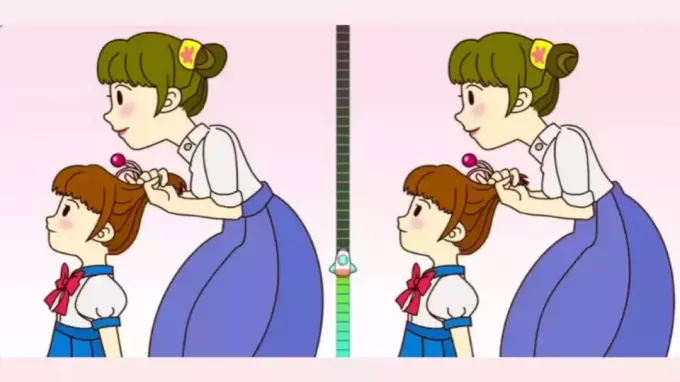The Dollar (US$) is a universal currency, and therefore a question may arise: why is the Real not replaced by the Dollar?
Since the arrival of the Europeans, Brazil has had several currencies, the first being the Réis. It was brought by the Portuguese themselves and was the currency that spent the longest time in force in the country, staying from 1500 until the Vargas Era, in 1942.
see more
'Astrologically free': 3 signs become independent…
Discover the AMAZING function of the stones on the train tracks
Since then, Brazil has had a few versions of coins, the first being the Cruzeiro, the Cruzeiro Real and again the Cruzeiro. Then it was the turn of Cruzado, Cruzado Novo, and, repeatedly, Cruzeiro.
Finally, the Cruzeiro Real was the transitional currency for the Real that we still use today and was instituted in 1994 as part of the Real Plan with the aim of combating hyperinflation left by the military government.
In the Latin American context, some countries like Argentina have their original currency but still use the
dollar in some situations. Why, then, does Brazil not have this same practice?It happens that a country starts to use the dollar when its currency is very devalued in relation to others. Currently, the Argentine Peso is quoted at 0.014. This means, for example, that R$10 buys 704.44 Argentine pesos.
Faced with this devaluation, the population begins to accept and use dollar bills as a way to protect their purchasing power and escape the consequences of the devaluation of the local currency.
When this effect happens, economists and other experts in the field call it “informal dollarization”. Furthermore, there is a special reason why this effect is not observed in Brazil.
Real is being more and more valued
It is true that the exchange rate of the dollar against the Brazilian real has had significant fluctuations in recent years, reflecting changes in economic conditions and market prospects financial.
The 3.5% increase in 2019, followed by the quotation almost reaching R$6 in the following year, demonstrated the volatility of currencies and the influence of global and local economic factors on exchange rates.
Fundação Getúlio Vargas (FGV) is a respected institution that conducts economic and social research in Brazil, and its analysis can offer valuable insights into the country's economy.
Your data indicate that the Real is being appreciated. The current exchange rate of R$4.97 per dollar indicates a change from previous peaks, suggesting possible stabilization.
This situation defines that there is no imminent need to adopt informal dollarization, especially considering that a more favorable exchange rate can help to avoid flight of value from the local currency.
At Trezeme Digital, we understand the importance of effective communication. We know every word matters, so we strive to deliver content that is relevant, engaging, and personalized to meet your needs.

